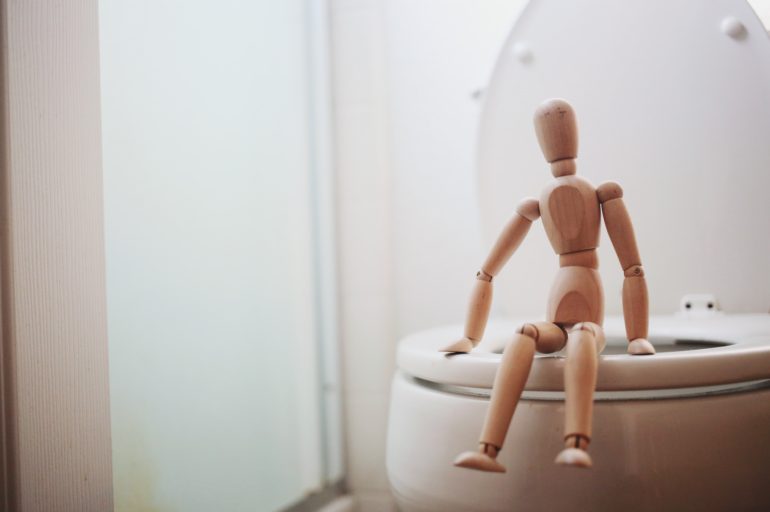We live in a fast world, with lot of stress, work, noise…. Unfortunately, this has distanced us from our human condition and has increasingly disconnected us from our essence. As we always say, far from being a positive thing, this increasingly growing trend has distanced us from ourselves and we are less and less aware and aligned with our own body. Comprehensive medicine proposes a more holistic vision of health that allows us to reconnect with our inner self and helps us detect and understand the origin of our problems. In this discipline, the knowledge of oneself and the reactions of the organism itself, are of vital importance, as well as full attention to the signals that the body sends us. One of the signs to watch out for is the state of our stool. We have spoken with Rosa Munné Puig, pharmacist and psychoneuroimmunologist, so that she can give us some basic guidelines.
As we say, comprehensive medicine proposes a much more holistic medicine model to treat a disease, it is important to do it from the beginning. Our own body speaks to us and provides us with much information that is more likely to go unnoticed.
What daily signals do our body send us that we should get used to observe and analyse?
Certainly, if we learn to listen to ourselves, we will notice that our body sends us signals when something is not working correctly. Some of the things that we must take into account are, for example, if we have enough energy to face our day, if we have skin problems, if we have migraines, allergies, how we digest, if we suffer from flatulence or bloating, if we have a drop in energy after eating or how our stools and urine look. Every symptom, even if it doesn’t stop us from our daily lives, is a sign. As explained in the previous point, stool tell us a lot about our health.
Could you explain in more detail what we should take into account and its meaning?
If our stool float, it means that our stomach does not digest fats well and we eliminate them in the stool (that is why they float). If they stain a lot it also means they have too much fat. If it is like hard lumps, it may be that the stomach is not digesting well and / or we have some type of bacterial overgrowth in the intestine, low serotonin levels (hormone of happiness) and/or some gluten intolerance. If we have sticky and soft stool, it means there’s an imbalance of the intestinal flora in which there is a more fermentative type of bacteria that grow above the others or an overgrowth of candida.
If we have diarrhoea, we never have to normalize it! Behind it, there is an imbalance of the flora or some intolerance to gluten or a parasite. Also, we will not be absorbing nutrients correctly and this will have a big impact on our health. If the stool is explosive and / or foul-smelling, it responds to a more putrefying type of bacterial overgrowth. Stool should be consistent, not stain, should not foul-smell and should make you feel completely “empty”.
Is it possible that from one day to the next the state of our stool changes, both for better and for worse? Or do you need more days to see signs that something is wrong?
Usually we need more days. It can be that one day we have eaten with more fat or that we have had more stress, but it is punctual. There has to be regularity in our stool and it must be a while before we notice the changes. The problem is that we have not been educated to listen to ourselves, much less to observe what our stool looks like. Most people don’t realize they may have a problem until they start looking at them. There are people who have normalized the fact that they go to the bathroom 3 times a day with sticky and explosive stool, for example.
What can we do if our stool is not in good condition?
First, review our diet and lifestyle. If we are not having a balanced diet, healthy and with fresh and quality products, it is difficult for our intestine to be healthy. If we suffer a lot of stress, one of the first consequences will be an imbalance on our intestine and flora, leading to different symptoms. If we do not chew properly and eat quickly, our digestive system won’t work well.
If, after changing these aspects, we continue to observe that something is wrong, it is best to consult a healthcare professional who does a stool analysis to investigate where the problem is and how to solve it.









